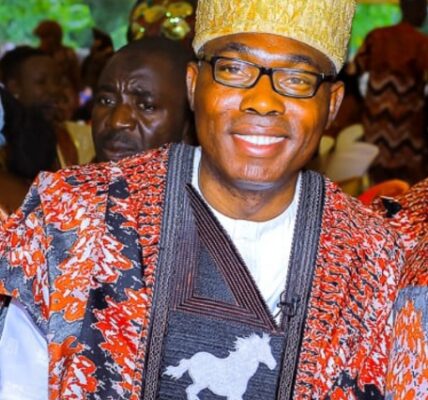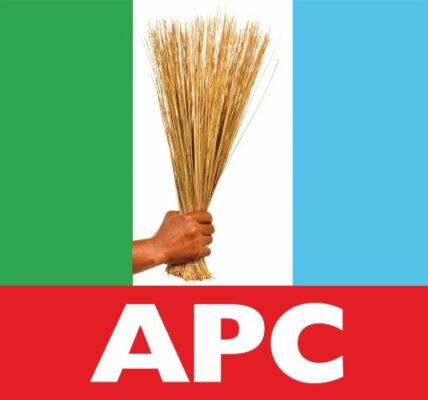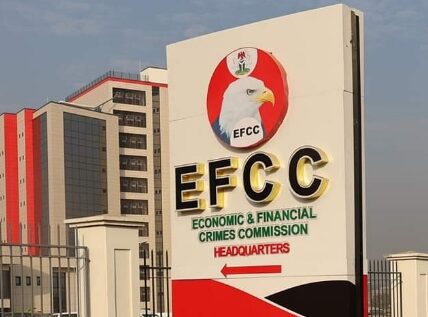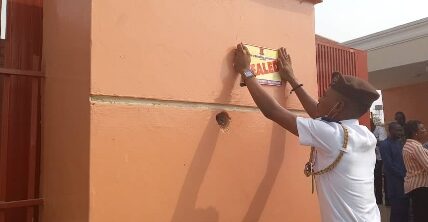Sahel Bloc of Mali, Niger, Burkina Faso Defies ECOWAS with Import Levy to Fund Revolutionary Union
This post has already been read 2290 times!
The junta-led nations of Mali, Burkina Faso, and Niger have enacted a 0.5% tariff on all imported goods from Nigeria and other countries, effective immediately, to finance their newly formed Alliance of Sahel States (AES).
This bold move severs free trade ties within West Africa and deepens the rift with ECOWAS democracies, such as Nigeria and Ghana. The tariff excludes humanitarian aid and impacts imports across the region, including Nigeria.
Initially a security pact, AES now aims for economic integration as the trio pursues financial and political autonomy despite ECOWAS sanctions.
With biometric passports and strengthened military and trade bonds on the horizon, the levy signifies their bid for independence amidst ongoing insurgent violence and democratic disillusionment.
The Sahel is a vast and unique region in Africa, stretching across the continent from the Atlantic Ocean in the west to the Red Sea in the east. It serves as a transitional zone between the arid Sahara Desert to the north and the more humid savannas to the south. The region spans several countries, including Senegal, Mauritania, Mali, Burkina Faso, Niger, Chad, Sudan, and Eritrea.
Geographically, the Sahel is characterized by its semi-arid climate, with limited rainfall concentrated in a short rainy season. This makes the region prone to desertification and soil erosion, challenges that have been exacerbated by overfarming, deforestation, and climate change.
The terrain is primarily flat, with occasional plateaus and mountain ranges, and it supports a mix of grasslands, thorny shrubs, and drought-resistant trees like acacias and baobabs.
Economically, the Sahel relies heavily on agriculture and livestock, but the harsh climate and environmental degradation have made these activities increasingly difficult. The region also faces significant humanitarian challenges, including food insecurity, displacement, and poverty.
In recent years, the Sahel has become a hotspot for conflict and instability, with militant groups linked to al-Qaeda and the Islamic State operating in the area. This has led to widespread violence, displacement, and a growing sense of disillusionment with governance.
Despite these challenges, the Sahel is home to a rich cultural heritage and diverse communities. Efforts are ongoing to address its environmental and security issues, with international organizations and local governments working toward sustainable development and peace.
ABUJA BUSINESS REPORTS NEWSPAPER & MAGAZINE







